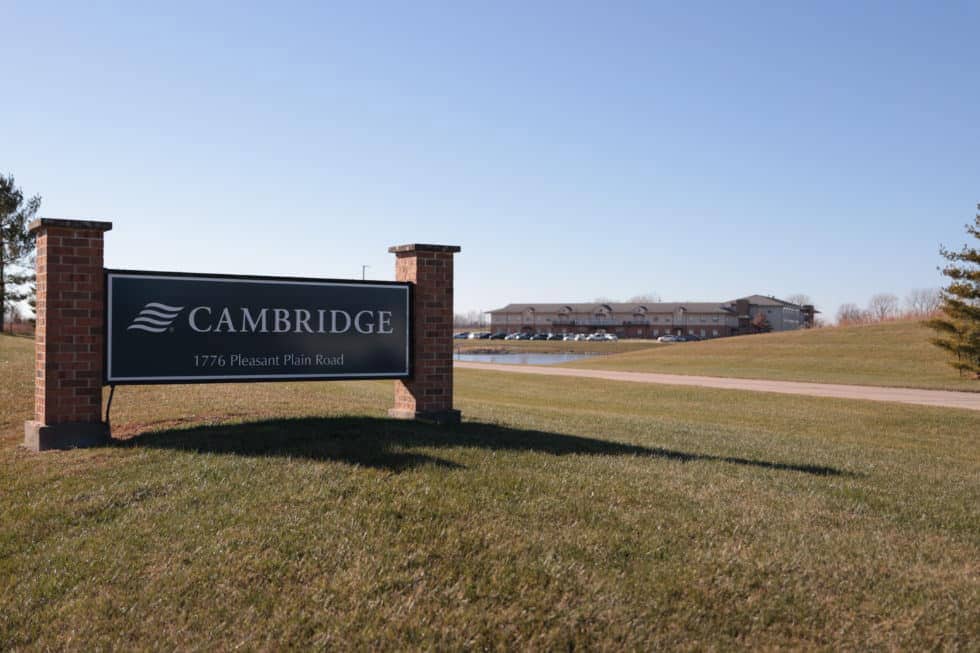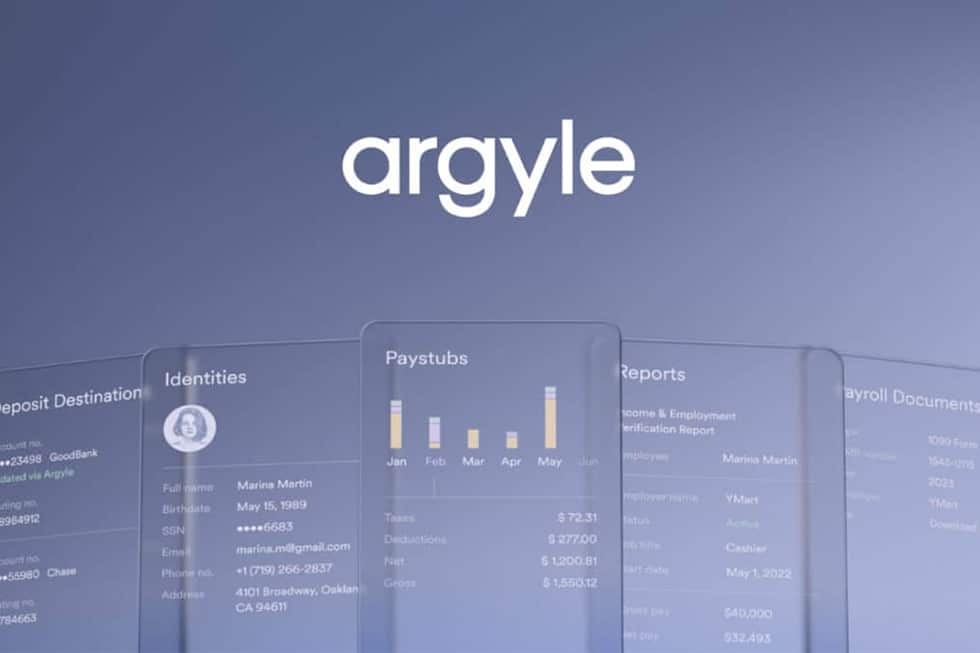
News in 2016 just wasn’t interesting enough for some Facebook users. Because the platform’s algorithms prioritize “engagement” and don’t filter or ban content based on accuracy, fake news stories have drowned out honest reporting on the world’s most trafficked social network. Vox reports that stories “liked” and shared millions of times, including “that the pope endorsed Donald Trump (he didn’t), and that a “Democratic operative was murdered after agreeing to testify against Hillary Clinton” (it never happened). Facebook and Google have just begun rolling back fake news outlets’ access to their advertising platforms, but Mark Zuckerburg warns, “I believe we must be extremely cautious about becoming arbiters of truth ourselves.”
How did we get here? Let’s take a look back at the “good old days” of journalism. News came from reliable and trusted print and broadcast news organizations, and stories were vetted and verified with sources. Walter Cronkite was the most trusted man in America, and what he reported was accurate. No shade, just the facts.
The Internet created a platform for non-journalists to jump into the mix and write whatever they felt like. No offence to bloggers, many of them offer a new and admittedly biased opinion of what’s in the news. But some bloggers began modeling themselves after media outlets, blurring lines as they began to serve up opinions as facts.
The most recent development: Both the The New York Times and The Washington Post have reported on “news” sites that advance misleading or unreliable information. A recent list shows that there are more than 130 fake news sites, many with reliable-sounding names.
The bottom line: don’t believe everything you read on the Internet.
Just in case you’re not sure, here are a few tips to help you determine if the news site you’re visiting is fake:
- If the website ends in “.com.co” it is likely a fake version of a real news site (check out: com.co)
- Avoid websites that end in “lo” since these sites pepper misleading facts into real news stories (ahem, Newslo).
- If there isn’t an “About Us” tab on the website, be wary – there’s a reason they don’t want you to know who they are.
- If the site uses a lot of ALL CAPS, it’s likely ALL FAKE.





